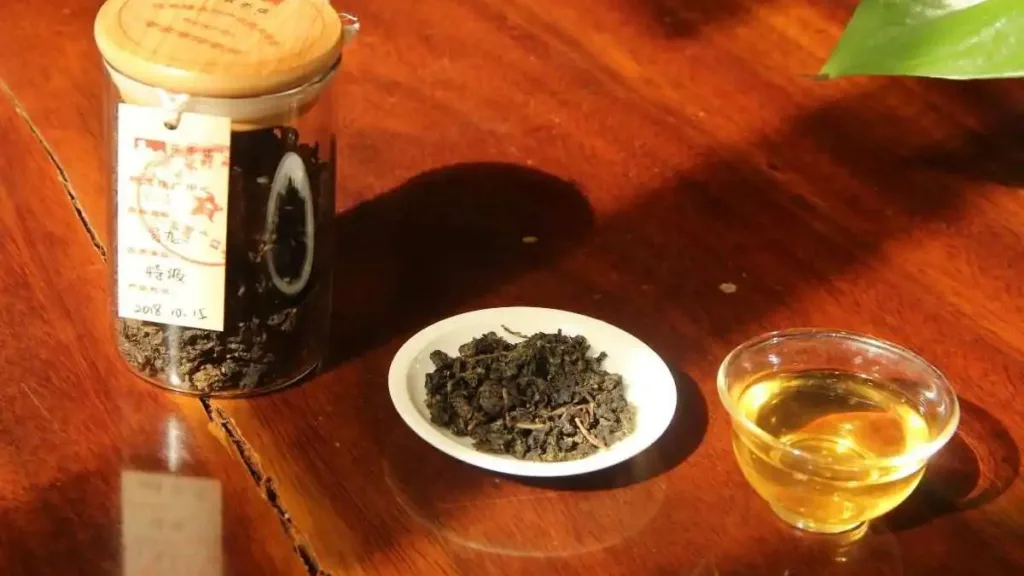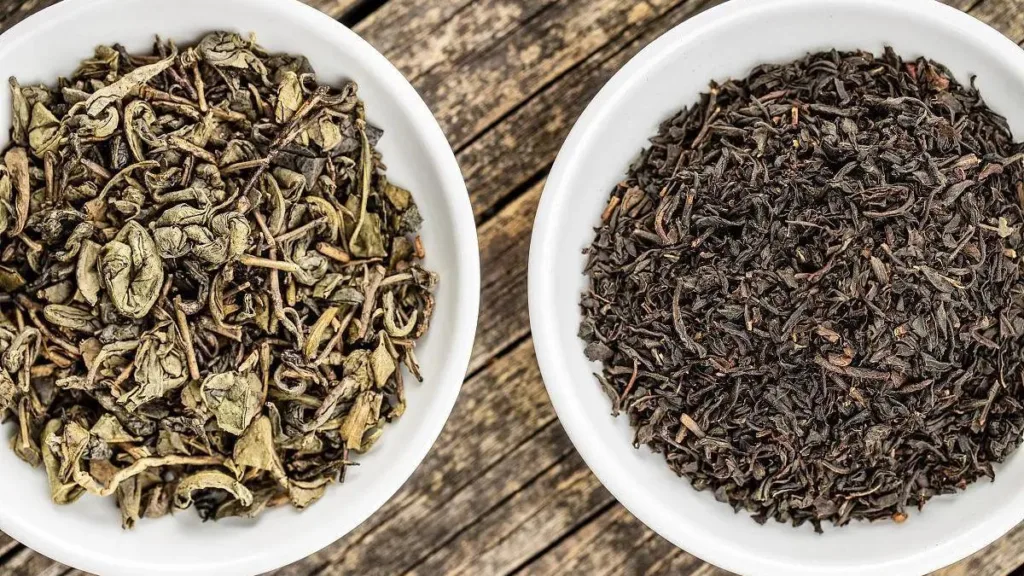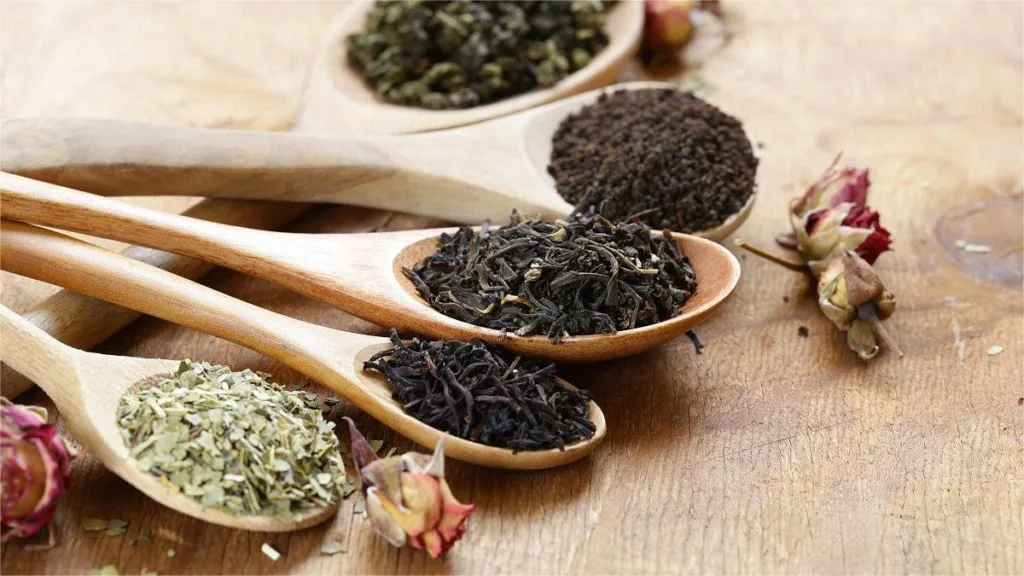Red rooibos tea, often referred to as the “red bush” tea, originates from South Africa rather than China. The plant, Aspalathus linearis, is native to the Cederberg region of the Western Cape province in South Africa. Despite its South African origins, red rooibos tea has gained popularity worldwide, including in China, where it is appreciated for its unique flavor profile and potential health benefits.
In China, red rooibos tea is not as traditional as the country’s own rich tea culture, which boasts a wide array of green, black, oolong, and white teas. However, the global appeal of rooibos has led to its availability in Chinese markets and the integration of its consumption into local tea-drinking habits.
Red rooibos tea distinguishes itself with its deep red infusion, sweet and slightly nutty flavor, and lack of caffeine, making it a suitable option for those seeking an alternative to traditional caffeinated teas. In China, where tea is deeply ingrained in the cultural and social fabric, the emergence of red rooibos tea provides a non-traditional option for tea enthusiasts looking to diversify their palate.
The infusion process for red rooibos involves fermenting the leaves, which contributes to its characteristic color and taste. Chinese consumers often appreciate the tea for its smoothness and versatility. Some may choose to enjoy it hot, while others might opt for iced variations, particularly during warmer seasons.
Health-conscious individuals in China are drawn to red rooibos tea for its potential health benefits. It is rich in antioxidants, including aspalathin and nothofagin, which have been linked to various health advantages, such as improved heart health and reduced inflammation. Chinese herbal medicine traditions have historically valued the health-promoting properties of various teas, and red rooibos fits into this broader context.
While red rooibos tea may not have the same historical roots in China as traditional teas, its global popularity and unique characteristics make it a welcome addition to the diverse world of Chinese tea culture. Whether sipped for its distinct taste, lack of caffeine, or potential health benefits, red rooibos tea offers a refreshing deviation from the familiar teas that have long been a staple in Chinese households. As tea enthusiasts continue to explore new flavors and varieties, red rooibos has found its place among the diverse and evolving landscape of Chinese tea culture.



